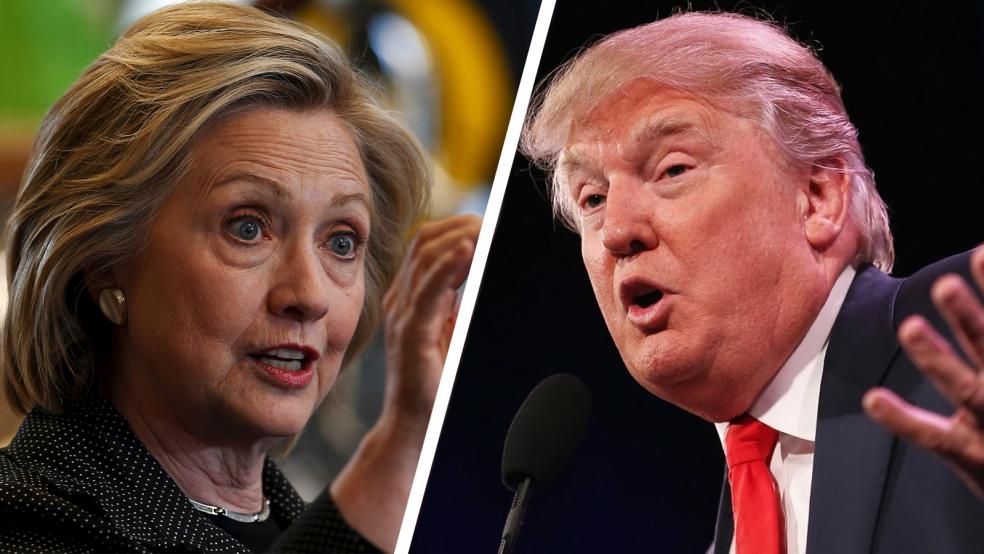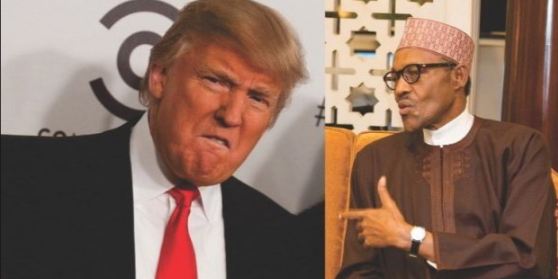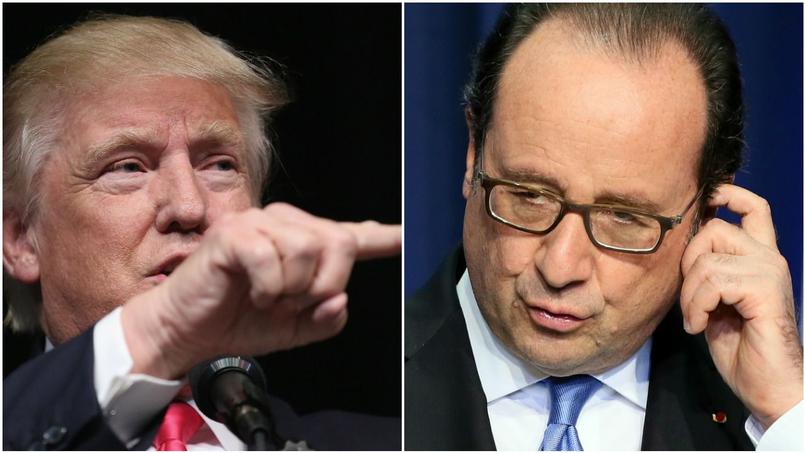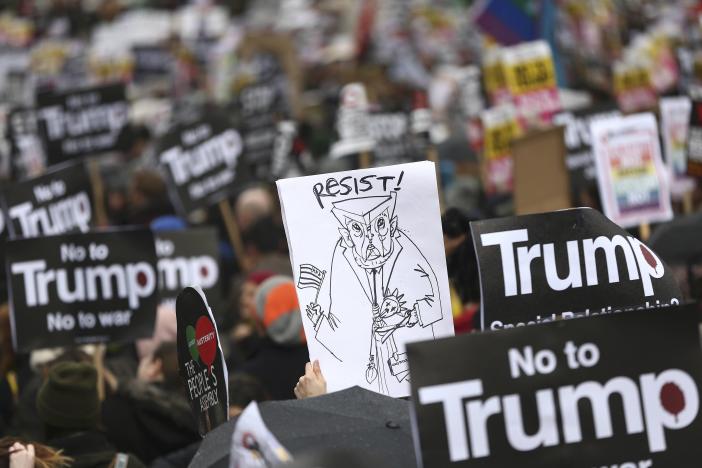By Gavin Hewitt
No modern president has been so analysed. Other leaders don’t know him and can’t read him. He leaves a trail, but it is strewn with contradictions. He craves popularity but revels in being demonised. He trusts his gut instincts and embraces unpredictability as a virtue.
Diplomats, foreign leaders, business chiefs are all trying to decipher what drives the 45th president.
Donald Trump’s first two weeks have been about power, about asserting it, about the noise of power, about taking a wrecking ball to the establishment and leaving it wrong-footed and uncertain.
No president before him has been so ready with threats against foreign powers, old allies, major corporations, and Washington’s public servants.
At conferences, seminars, at diplomatic functions, in foreign ministries, I have encountered the same whispered and not so hidden question: what do these erratic actions tell us about the mind of Donald Trump?”
Some say he can’t survive or that he will over-reach himself. Others are waiting for him to self-destruct, but there is clear calculation behind these early heady days of being the most powerful man in the world.
First, Donald Trump is doing in office what he promised he would do, on the campaign trail.
At more than 15 campaign stops, I heard him vow to:
bring back jobs to America
build the wall with Mexico
replace big trade agreements with bilateral deals
stand up to Iran
introduce “extreme vetting” of migrants
His claims were dismissed as campaign braggadocio, but he would bracket most of his promises with the words “believe me”. He is now delivering.
Secondly, President Trump is looking after his core supporters; all those voters in Pennsylvania, Ohio, Michigan and North Carolina who delivered him the White House.
While demonstrators gather in cities and at airports, protesting at his banning refugees and citizens from seven mainly Muslim countries from entering the States, the polls indicate that in middle America he has the support of nearly one in two Americans: 49% agreed with the policy.
All the outrage about the policy being discriminatory, that it is incoherent, that it will prove a recruiting sergeant for extremists, that such a policy – if it had been in place – would have prevented none of the recent terrorists attacks, make little impression on Mr Trump’s inner circle.
Mr Trump knows his people, and he tweets his messages to them, direct and simple, as they were during the campaign.
“This travel ban is not about religion,” he tweets, “this is about terror and keeping our country safe.”
Some who voted for him may have misgivings, but most of them, so far, don’t.
They like his confrontational style. Offending Washington’s elite is a badge of his authenticity.
Early battles with judges and state department officials are evidence that he is “draining the swamp” as promised.
When a federal judge halted the travel ban, the president tweeted: “The opinion of this so-called judge… is ridiculous and will be overturned.”
While his critics accused him of showing a lack of respect for the Constitution, Donald Trump reminded his audience that many “bad and dangerous people” could be “pouring” into the country.
The president remains in campaigning mode.
The dizzying array of announcements and executive orders form part of a strategic plan.
Never mind that some of the policies are incomplete. That is to miss the point.
The strategy is to demonstrate over the first 100 days of his presidency that he is a “high-energy” leader, shaking up the old order.
He is lucky to have inherited a strong economy, but he has promised much more.
The bonfire of regulations, the slashing of corporate and personal taxes, the pump-priming investments in infrastructure are all intended to lift growth levels above 3%.
If he achieves that, many Americans will stick with him.
Social media, as it did during the campaign, enables him to talk directly to those who packed his rallies.
The conventional wisdom was that he would not be tweeter-in-chief when he got to the White House.
But Mr Trump knows that every tweet becomes a news story and so enables him to manage the news agenda.
The mainstream media is still struggling to find a convincing riposte to a president who bypasses them to deliver his messages.
He declares he’s in a “running war” with the press.
His chief strategist labels the media the “opposition party”.
Again Mr Trump understands that if he denounces the media as “dishonest”, it weakens its ability to hold him to account.
His detractors call him “narcissist-in-chief”.
They point to his personal flaws: the need to be loved, to be popular, to make every issue about himself, the thin-skinned retorts, the savaging of those who disagree and the demonising of the press.
All are weaknesses that over time may damage and perhaps undo him.
His strategy is not just to change America but for him to dominate the public space.
Others search for the ideology that will underpin his presidency.
For Donald Trump, his guiding slogan will be “America first.”
It will be his defence against all attacks. If that means challenging the international order, or tearing up old trade agreements or upsetting the global elite, so be it.
In these early days, it is impossible to know how much of a revolutionary Donald Trump will be and how much ideology will inform his decision-making.
His chief strategist, Stephen Bannon is, on the other hand, deeply ideological.
He is a self-proclaimed “economic nationalist”.
He seeks a new political order, where sovereignty returns to nation states, where the West confronts the “hateful ideology” of radical Islam.
In the immediate future, President Trump is likely to continue with his confrontational style, believing it is popular with his core supporters.
Many tests lie ahead. Not least is whether his policies will be followed through.
Was the announcement about the wall with Mexico intended as a headline or is Mr Trump determined to build it with Mexican money?
Will he really impose an import tax?
Will he risk a trade and currency war with China?
Will he move the American embassy in Israel to Jerusalem?
Will he encourage anti-establishment parties in Europe?
The questions are many, and the answers few.
To those who have openly doubted the president’s sanity in these churning, bruising opening days, a clear strategy emerges.
The president and his close advisers will pay scant attention to the outcry from their opponents.
But they will nurture those who gave him his majority in the electoral college and might again.
In two years, and by the time of the mid-term elections, the American public will deliver an initial verdict on Trumpism.
Most importantly the Republican Party will be deciding whether it stays loyal to Mr Trump or whether it allows doubts and reservations to seep in, making Congress the obstacle to his presidency.



